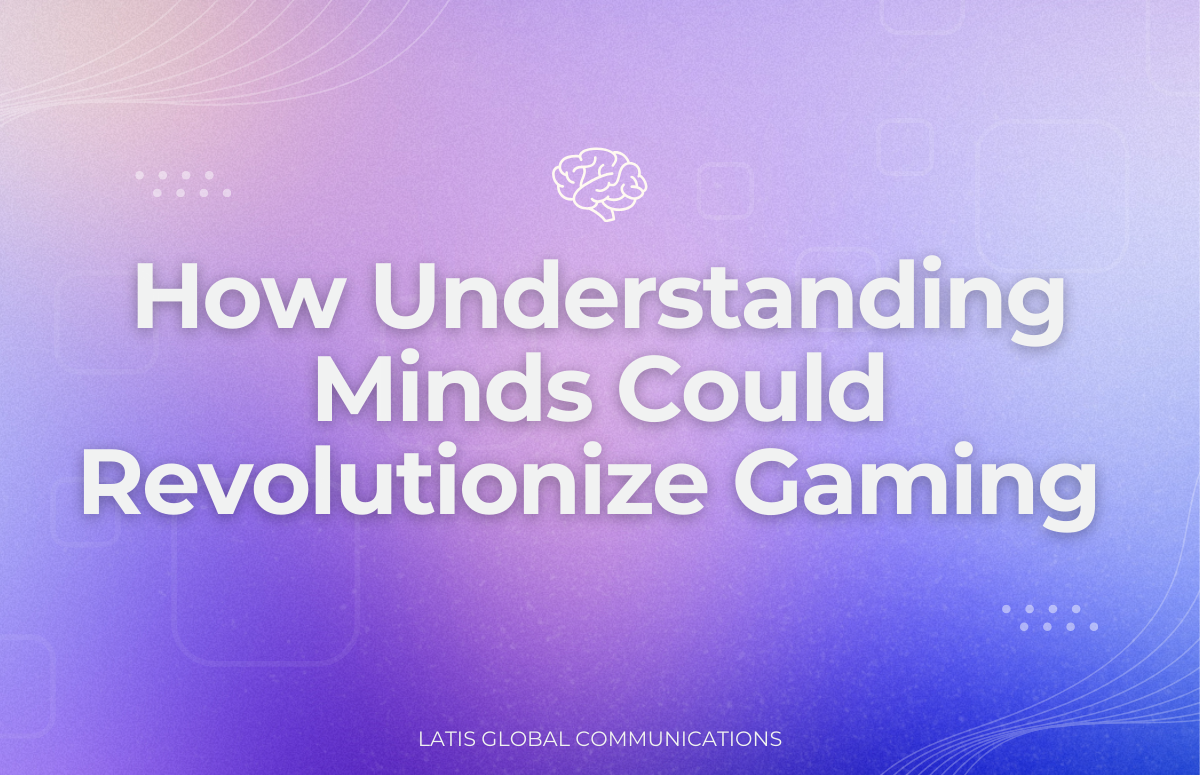
Video games have evolved into one of the most lucrative entertainment industries globally, nearing a staggering $200 billion market value. This surpasses the combined earnings of the music industry and Hollywood.
Game developers are looking for new ways to make their games stand out and stay with players. While games are getting better in terms of graphics and sound, many still feel like you’re just watching a movie rather than really living in the game world. This is partly because the inner lives of game characters—like their thoughts and memories—aren’t explored much.
Going Deeper with Game Characters
Imagine if games could show the inner thoughts and feelings of their characters more realistically. For example, people often have ongoing internal dialogues and memories that are vivid and multi-sensory. However, most games don’t capture these complexities well.
Games that make an effort to explore inner experience are:
Bioshock Infinite
“Bioshock Infinite” delves into themes of identity, reality, and mental conflict. The game explores the protagonist Booker DeWitt’s psychological struggles and guilt, which are central to the narrative. Players navigate through a richly detailed world that reflects Booker’s internal turmoil, making his inner experiences an integral part of the story.
Inside
“Inside” is a puzzle-platformer that uses minimal dialogue and stark visuals to convey a deep sense of psychological horror and existential dread. The game’s atmosphere and environmental storytelling immerse players in the protagonist’s inner experiences, making the emotional and psychological impact palpable through its design and sound.
Hellblade: Senua’s Sacrifice
“Hellblade: Senua’s Sacrifice” is a notable example of integrating psychological experiences into gameplay. It portrays the protagonist Senua’s struggle with psychosis, using audio design and visual effects to convey her hallucinations and distorted perceptions. This game provides a powerful and empathetic exploration of mental health issues.
The Last of Us Part II
“The Last of Us Part II” explores themes of grief, vengeance, and moral ambiguity through its characters. The game’s narrative and character development deeply engage with the inner experiences of its protagonists, showing their psychological struggles and personal growth. The complex storytelling and character interactions reflect the profound emotional impacts of their experiences.
Silent Hill 2
“Silent Hill 2” is renowned for its psychological horror and exploration of complex mental states. The game’s protagonist, James Sunderland, deals with intense guilt and personal trauma, which are reflected in the disturbing and symbolic environment of Silent Hill. The game’s design effectively uses these inner experiences to drive its horror and narrative.
Celeste
“Celeste” tackles themes of mental health and self-discovery through its protagonist, Madeline, who climbs a mountain as a metaphor for overcoming personal challenges. The game explores issues of anxiety and self-doubt through its story and gameplay, incorporating inner experiences into its platforming mechanics and narrative.
Return of the Obra Dinn
“Return of the Obra Dinn” challenges players to reconstruct the events leading to the deaths of the crew on a ship, requiring deep deduction and analysis. The game’s investigation mechanic engages players in understanding the inner experiences and motivations of various characters, adding depth to the narrative through gameplay.
Gris
“Gris” is a visually stunning platformer that tells a story of grief and recovery. The game uses its art, music, and gameplay mechanics to express the protagonist Gris’s emotional journey through stages of loss and healing, providing an abstract yet poignant exploration of inner experience.
How Latis Global Can Enhance Your Game
Latis Global offers a suite of specialized services designed to elevate the quality and depth of gaming experiences. Their expertise can help developers integrate more complex inner experiences into their games, making them more immersive and engaging. Here’s how:
- Game Localization: Latis Global’s game localization services ensure that your game is effectively adapted for different languages and cultures. This includes translating and localizing content so that it resonates with players around the world. Accurate localization of inner dialogues and emotional nuances is crucial for maintaining the intended impact of the game’s narrative and character experiences across diverse audiences.
- LQA (Language Quality Assurance): Language Quality Assurance focuses on refining translations and in-game text to ensure they are free from errors and culturally appropriate. Latis Global’s LQA services ensure that the portrayal of characters’ inner experiences is accurate and consistent, preserving the depth and authenticity of the original content while adapting it for different linguistic and cultural contexts.
- QA (Quality Assurance): Quality Assurance is essential for identifying and fixing bugs and issues within the game. Latis Global’s QA services ensure that the game runs smoothly and that the representation of inner experiences is seamless and immersive. This includes thorough testing to prevent technical issues that could disrupt the player’s engagement with the game’s deeper elements.
- Game Sounds: Sound design plays a critical role in enhancing the emotional and psychological depth of a game. Latis Global’s expertise in creating and implementing game sounds—including sound effects and music—can help convey the inner experiences of characters. This includes crafting audio elements that reflect characters’ emotional states, thoughts, and mental struggles, thus enriching the overall gaming experience.
The Future of Gaming
Integrating deeper insights into inner experiences with the help of Latis Global’s specialized services can transform how games engage players. This approach could make games more immersive, impactful, and inclusive, offering players a chance to explore diverse mental states and emotional landscapes.
Gaming has the potential to evolve beyond traditional entertainment, becoming a medium for exploring the human mind and providing therapeutic benefits. With Latis Global’s support, developers can push the boundaries of what’s possible in gaming, creating experiences that are not only enjoyable but also meaningful and transformative.

